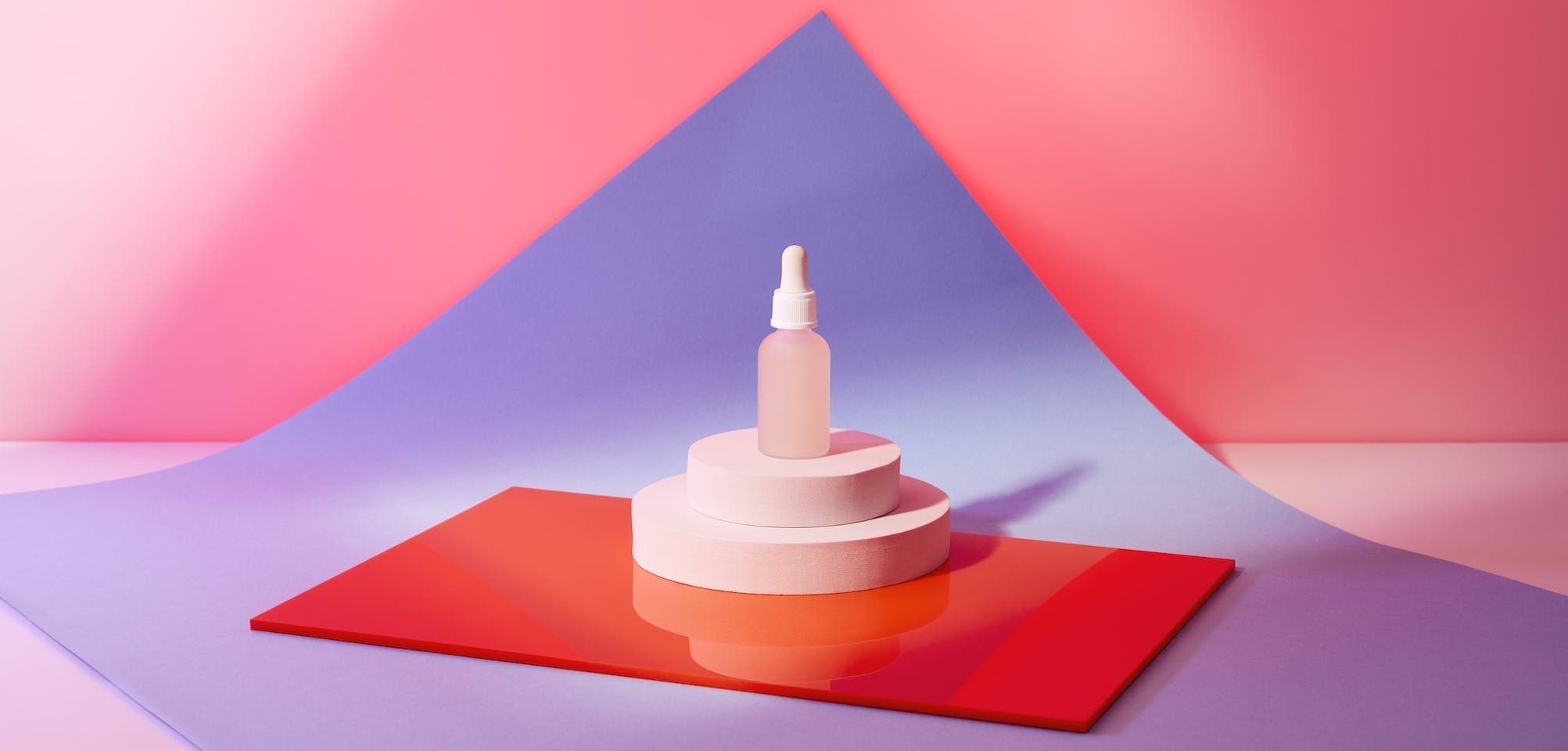4 July 2022
All you need to know about Retinol!

Benefits
- Smoother skin
- Increased collagen production
- Reduction of wrinkles and fine lines
- Reduction in hyperpigmentation, scarring, blemishes, and sun spots
- Brightens skin
- Clears up acne and breakouts
Multiformat:
Retinol can be found in a multitude of leave-on formats, including but not limited to:
- Serums
- Creams
- Gels
- Eye creams
- Oils
Retinoids, the family of compounds that retinol belongs to, are available as both prescription treatments or over-the-counter products.
Compatible with you:
Retinol can work for all skin types, depending on how it’s used. If you’re new to this ingredient, we recommend starting slow with a low concentration product. Ease it into your routine, starting with one or two applications per week. Then, slowly increase your frequency of use, ensuring that your skin is given time to adjust. Be sure to use SPF and plenty of moisturiser as some irritation is normal. People who are new to retinol can sometimes experience redness, peeling, dry skin, itching, and breakouts. These symptoms should subside with time as your skin starts to become accustomed to this new skin active.
As always, we encourage you to patch test all new products before incorporating it into your routine.
Is it for your skin type?
Yes, you can use retinol regardless of your skin type. People with sensitive skin or dry skin should start introducing retinol very slowly with a gentle product to avoid excess irritation.
*How does it work? A little bit of science…
Retinol, a vitamin A derivative, works deep in the skin to improve collagen production and therefore, improves skin elasticity over time. Retinol also helps induce rapid skin cell turnover, allowing your skin to replace and refresh it’s outer layer. As skin turnover increases, skin looks younger, clearer, and more radiant. This combination of increased skin cell regeneration and improved collagen production are what makes retinol a superstar anti-aging ingredient.
The benefits of retinol don’t appear overnight. When this ingredient is first introduced to the skin, many users experience a process called retinization. During this process, people may experience redness, excessive dry skin, itching, irritation, or stinging as the skin adjusts to the new product. Over time, the symptoms should subside and the positive effects of retinol will start to show.
Retinol is an unstable compound and should be kept out of direct sunlight. Many retinol products come in a sunproof container to keep it shelf stable as long as possible. Due to the photosensitivity of the ingredient, it is recommended that the product is used at night. Additionally, sunscreen is a must to prevent unwanted irritation and negative reactions to harmful UV rays.
Retinol is a holy grail product for many when it comes to anti-aging products. The product requires patience, but often can provide great results when used properly!
How to find it on beauty labels
Retinol is usually listed on beauty labels as just that - retinol. As we mentioned earlier, retinol belongs to a group of vitamin A derivatives called retinoids. These compounds can have a similar effect to retinol and will be listed as follows:
Retinoic acid
Adapalene
Isotretinoin
Retinyl palmitate
Retinyl acetate
Retinyl linoleate
The first three items in the list above are typically prescription products, whereas the last three items are usually available over-the-counter, but this varies depending on your country’s legislation.
What products retinol can be found in:
Here you can find a selection of products with this ingredient from our online store.
How to incorporate it into your routine:
It is recommended that retinol products are applied at night. If you’re new to retinols, start slowly, applying the product once or twice a week until your skin adjusts. We also recommend starting with a product that has a low retinol concentration (1% or less) to avoid unnecessary irritation. Peeling and dry skin is normal with retinol, but overusing the product can lead to redness and discomfort. Always use SPF as retinol leaves your skin extra vulnerable to harmful UV rays. Lastly, be patient. It can take anywhere from 3-6 months to see definitive results after starting a retinol product.
Works well with…
SPF products! Damage from UV rays can result in unwanted irritation when using retinols.
Collagen-Boosting Peptides
Hyaluronic acid moisturisers
We don’t recommend mixing the following products with retinols, especially in the same application:
Alpha-Hydroxy-Acids (AHAs)
Beta-Hydroxy-Acids (BHAs)
Benzoyl Peroxide
Vitamin C